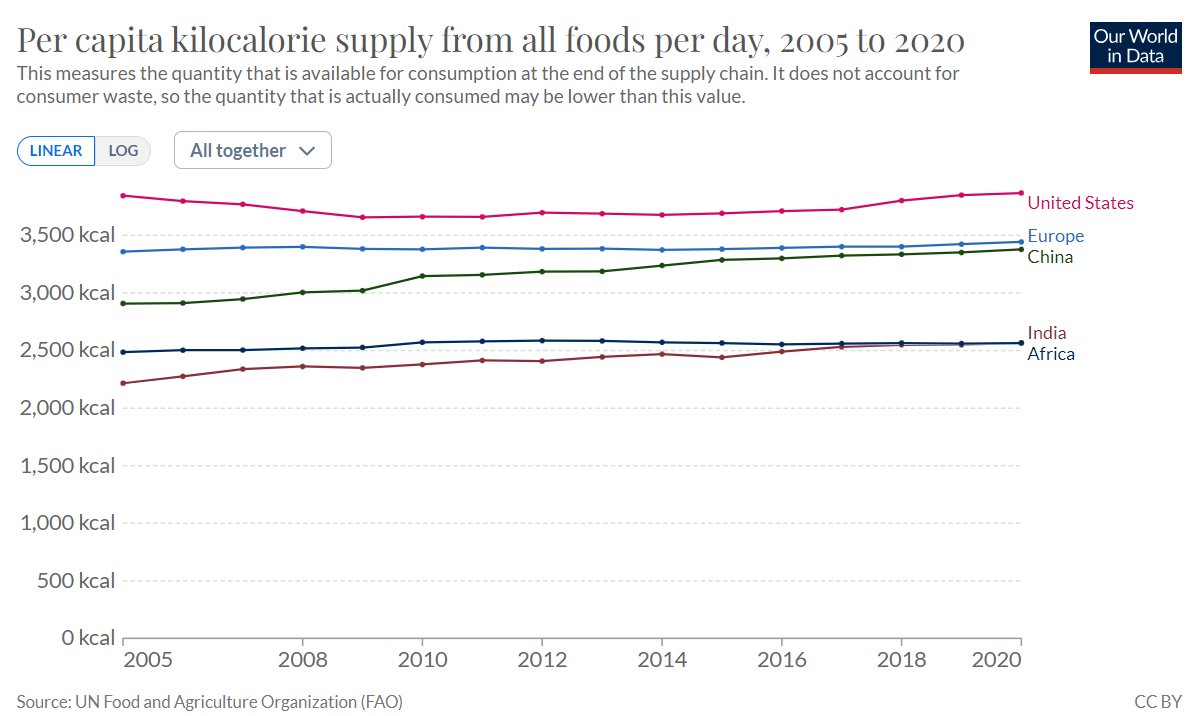It's not about whether it declines but whether it declines relative to the rest of the world. If the entire world has a TFR of 1.2, and China does also, it is not a cause for concern. But if China's main economic competitors have a TFR of 1.9 and China has a TFR of 0.9, that will become a huge problem in a generation as they will have a larger market, labor force, etc.Coming back to topic, I always feel a gradual decline of China's population is no cause for concern. It's not whether China can churn our STEM workers. My concern is whether the economy can absorb the influx of them. If it can't, many of them will work in other countries.
There are ways you can mitigate the effect, of course. But great powers always have a comparable population and territory relative to their competitors. Germany was the second largest country in Europe before World War 1, and it was allied with Austria-Hungary, which was the third largest country in Europe. This is one reason it was so hard for the rest of Europe - outside of Russia / USSR, which was the biggest country - to stand up to Germany once it properly industrialized, and why defeating the Nazis required the combined efforts of the US and the USSR, both themselves larger than Germany.
The bottom line is this - strong demographics give policy makers more tools and options to create wealth and success. While weak demographics limit the range of policies available. Countries like Japan and South Korea pretty much can only rely on maintaining a technological and qualitative edge over other countries and liberal trade policies to export their way to wealth. If global trade were to shut down, they'd be screwed; if they lose the technology race to China, they'd be screwed. So trust me, policy makers in Japan and South Korea are not sleeping well right now.


